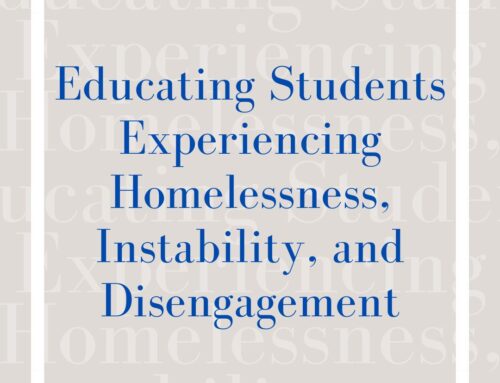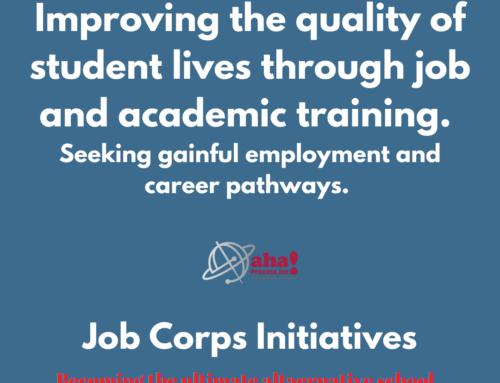By Alecia Chapman
Q and A – Investing in Innovation Development Grants
What are Investing in Innovation Development grants?
The i3 fund was established under the American Recovery and Reinvestment Act of 2009 (ARRA) and is designed to provide funding for school districts with a record of improving student achievement to expand implementation and improve educational impact.
How much funding is available through an i3 Development grant?
There will be 10-20 awards made and each award will be up to three million dollars.
When is the next opportunity to apply for i3 grants?
The US Department of Education recently announced a new round of Investing in Innovation (i3) Development grants to be awarded in 2012. For this round of i3, there will be a pre-application due on April 9, 2012. The top-rated pre-applications will be eligible to submit a full i3 application.
Are there priorities that an applicant must meet to in order to receive an i3 grant?
Yes. An applicant must address one of five absolute priorities for this year’s Development grant competition. The priorities are:
- Improving the Effectiveness and Distribution of Effective Teachers or Principals;
- Promoting Science, Technology, Engineering, and Mathematics (STEM) Education;
- Improving School Engagement, School Environment, and School Safety and Improving Family and Community Engagement
- Innovations that Turn Around Persistently Low-Performing Schools; and
- Improving Achievement and High School Graduation Rates (Rural Local Educational Agencies)
One of these priorities is a great fit for Advance.
How does Advance: School Improvement align with the i3 grant requirements?
- Development grants require evidence that the proposed model has been implemented previously with promising results. aha! Process has multiple data sources to support the use of Advance to raise student achievement.
- The 2012 grant has a new Absolute Priority (AP #3) focused on Parent and Family Engagement. This absolute priority fits well with aha!’s approach to whole-school reform and community collaboration. Options under this absolute priority would include Bridges Out of Poverty workshops and Getting Ahead groups. This AP area also stresses the importance of school staff to engage parents in the learning process at school. The foundational training, A Framework for Understanding Poverty, will help teachers and staff understand and appreciate their students’ parents’ perspective and situations. By understanding resources, the staff can better serve the students and parents.
- Advance also aligns with two of this year’s competitive preference priorities:
- #6 – Innovations for Improving Early Learning Outcomes
- #7 – Innovations that Support College Access and Success
What other requirements do I need to know about before considering i3?
In order to be eligible to receive an i3 grant, applicants must address key requirements:
- Student Focus – implement practices, strategies, or programs for high-need students
- Historical Success – an LEA applying on its own must demonstrate that it: (a) closed achievement gaps or improved achievement for all groups of students, and (b) achieved significant improvement in other areas
- Absolute Priorities – address one of the five Absolute Priorities
- Matching Requirement – secure matching funds from the private sector equal to 15% for Development grants; or request a reduced matching level
- Evidence – meet the evidence requirement of the type of grant for which they have applied (Reasonable Hypothesis for Developmental grants)
Is there an Evaluation Requirement in the i3 grant?
Yes, the application must include plans for conducting an independent program evaluation, cooperate with technical assistance and share broadly the results of any evaluations
For more information on i3 or Advance: School Improvement, please contact me at 800-424-9484 or achapman@ahaprocess.com.








